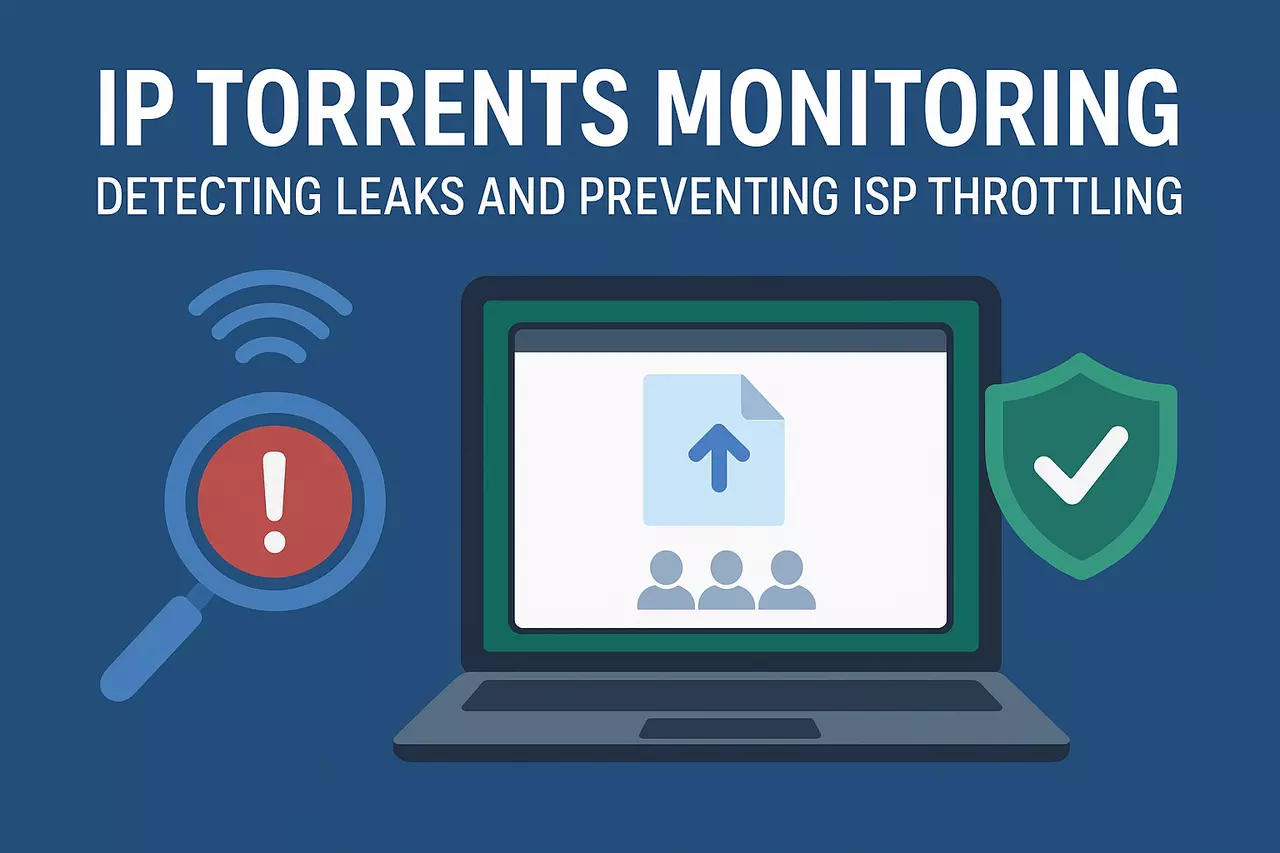In today’s network-driven business environment, whether for cross-border e-commerce operations, data collection, or multi-account management, proxy services play a critical role. Understanding how proxies work helps improve access stability, protect business IPs, and effectively manage operational risks. This article provides a professional overview of the technical principles behind proxy services and offers practical guidance.

Basics and Types of Proxy Services
An IP address uniquely identifies each device on a network. A proxy service manages access requests through an intermediary server, enabling business IP isolation and management. Depending on different needs, proxy services mainly include:
- Static IP / Fixed IP: Maintains the same IP for every session, suitable for long-term identity maintenance, such as independent site management or cross-border ERP operations.
- Dynamic IP / Exclusive Dynamic IP: The IP may change with each session, ideal for large-scale data collection or multi-account management, reducing the risk of account association.
- Residential Proxy / Residential IP / U.S. Residential IP: Assigned through real home networks, highly trusted, and suitable for operations requiring a high level of reliability.
- Clean IP: IPs that have not been misused or blacklisted, ensuring quality and stable access.
How Proxy Services Operate
The core of a proxy service is request forwarding. The process is as follows:
- Request Forwarding: Requests from your device are first sent to the proxy server, which accesses the target resources on your behalf.
- IP Masking: The target system sees the request as coming from the proxy IP rather than your real IP, achieving business IP isolation.
- Data Return: Response data from the target resources is routed back through the proxy server to your device. The entire process is handled automatically by the proxy service, making it seamless for the user.
Different types of proxies are suited to different scenarios:
- HTTP proxies / Socks5 proxies: Suitable for web access or data collection via crawlers.
- Residential proxies / Static residential IPs: Recommended for high-trust operations, such as cross-border e-commerce platforms or independent site management.
- Exclusive dynamic IPs: Reduce IP reuse, improve multi-account security, and support multi-browser setups and cross-border ERP operations.
Using a high-quality network proxy or a premium overseas dedicated line network can further reduce latency, improving cross-region access and making business operations closer to local performance.
Practical Tips for Effective Proxy Use
- Choose the appropriate type: Select proxies according to business needs. For example, dynamic IPs are suitable for data collection, while static residential IPs or exclusive dynamic IPs are ideal for independent site operations.
- Monitor IP quality: High-quality clean IPs help prevent access anomalies or account restrictions, ensuring operational stability.
- Combine with cross-border tools: Use proxies alongside multi-browser setups, ERP systems, or independent site management to enhance efficiency and security.
- Rotate IPs strategically: Dynamic IPs should be rotated according to strategy to reduce detection risks while maintaining safe operations.
- Monitor IP status: Regularly check IP availability and replace inactive IPs to ensure uninterrupted access.
Conclusion
Understanding how proxy services work and their application scenarios is essential for cross-border e-commerce, multi-account management, and data collection. Whether using residential proxies, static residential IPs, or exclusive dynamic IPs, choosing high-quality, stable, and clean proxy services is a key factor for business success.
For example, IPhalo offers global static residential IPs and exclusive dynamic IP pools, precisely meeting the stringent requirements of cross-border e-commerce and data collection in terms of IP quality, stability, and cleanliness, enabling efficient and secure operations.







